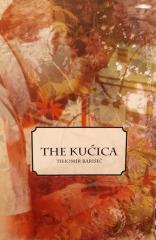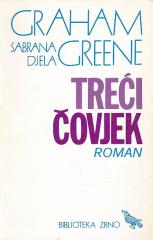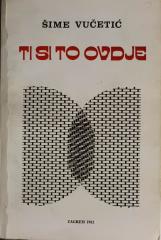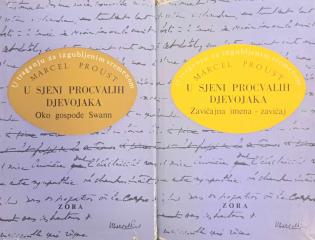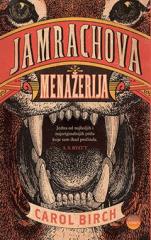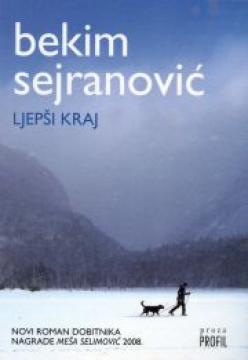
Ljepši kraj
Honestly, persuasively, directly, wittily, self-ironically, the author narrates and creates a very special literary work in terms of style and content.
The hero of Lepše kraj retreated to his grandfather's cabin on a Bosnian mountain. In it, he tries to recover after the dramatic collapse of his love story with a Norwegian woman who was always weak against men from the former Yugoslavia, and therefore paid quite a price. As he remembers his former life, trying to understand what really happened, a new story begins, in a snow-covered mountain, while only Wahhabis who live in a nearby abandoned village pass by his log cabin. At the center of it is a woman again, and the road leads our heroes to Oslo again.
Telling two stories, one backwards and the other forwards, one that takes place in Norway and the other in Bosnia, Bekim Sejranović gets under the skin of his hero. It convincingly portrays his traumas, emotional insecurity, existential fear, drug addiction, sexual dysfunction, while managing to be both lucid and incredibly funny.
Jjebši kraj is the central part of Bekim Sejranović's novel trilogy, which also includes the novels Nigjde, niotkuda and Tvoj sin Huckleberry Finn, while the stories from Sandal and Diary of a Nomad are a kind of extension of that world that enable a more complete understanding of Sejranović's storytelling universe.
It is one of the most well-rounded and interesting narrative works in the post-Yugoslav regions, so for those who have not read Bekim Sejranović's A Better End, it can be the beginning of a fantastic literary journey.
No copies available
The last copy was sold recently.
